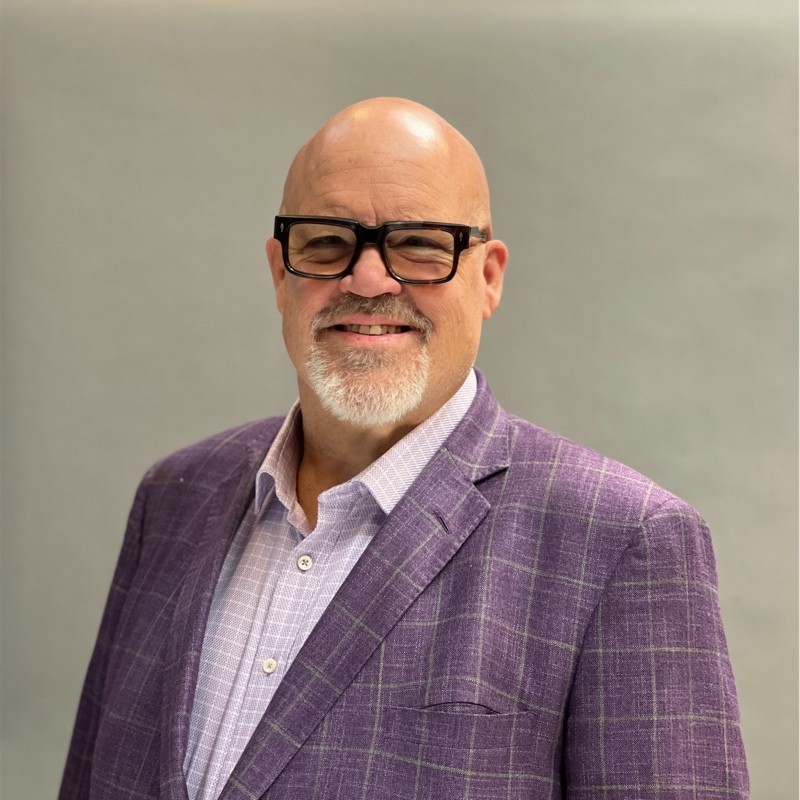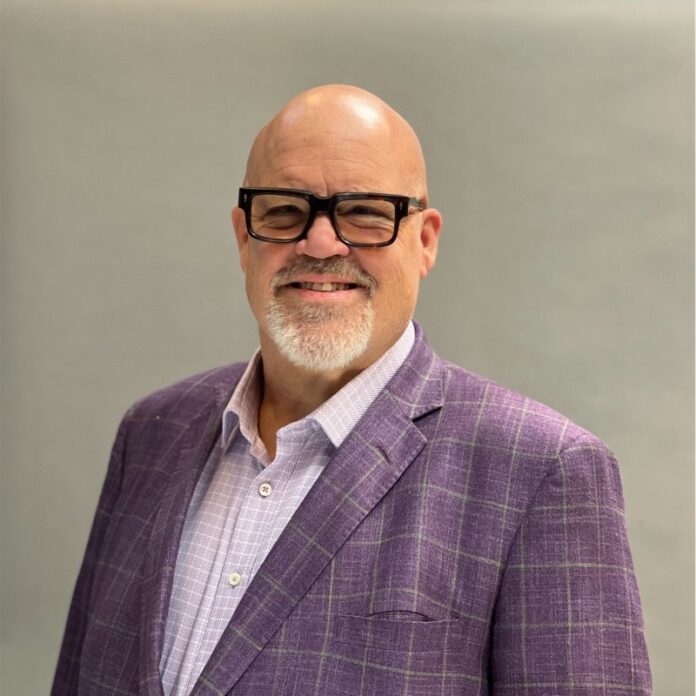Profile. Blocks & Files spoke to Syniti CEO Kevin Campbell about his time with the company, how it has developed, and where it might be headed.
Massachusetts-based Syniti was founded as BackOffice Associates in 1996 by CTO Tom Kennedy to help businesses with data quality, data governance, and data migration issues for enterprise resource planning (ERP) systems like SAP and Oracle. It became involved in system upgrades and mergers, and developed a widely used Data Stewardship Platform (DSP). This provided tools for data governance, quality management, and compliance. The company raised $30 million from Goldman Sachs in a venture round in 2008 and acquired a few other businesses as it grew: HiT Software in 2010, ENTOTA in 2013, CompriseIT in 2016. Kennedy left the company and its board at the end of 2012, subsequently founding a couple of other businesses.
Private equity house Bridge Growth Partners (BGP) bought BackOffice Associates from its owners and Goldman Sachs in 2017. At that time, Syniti’s CEO was ex-HPE exec David Booth and the company had around 800 employees and more than 500 customers worldwide. BGP brought in Kevin Campbell to be CEO two years later, in February 2019. He did not have a typical background for such a role, joining BackOffice Associates after being a volunteer working at food banks and so forth for three years, a COO at Oscar Health for a year before that, and co-COO at Bridgewater Associates the prior year. But his main CV event equipping him for the CEO role was being Group Chief Executive of Technology at Accenture for six years from February 2006, and Group Chief Exec for Outsourcing for a year before that.
At BackOffice Associates, he instituted a strategic shift from a focus on data management as a back-office function to a more strategic emphasis on intelligent data management, analytics, and cloud migration as part of end-to-end data transformation for enterprises. The company was rebranded to Syniti, being a blend of “synergy” and “infinity.”

In the five years since Campbell became CEO, he has helped enable BGP’s profitable exit, with Syniti being sold to Capgemini in August.
Campbell talked about how the Syniti name came about, saying: “I became CEO six years ago, and we changed name in my first board meeting. One of my longtime clients who happened to be on the board, said to me, ‘You guys all hate the name … BackOffice Associates. Why don’t you change the name?’ And I said, ‘We can’t do that, because we’ve got this big event with SAP coming up in 12 weeks.’ And they said, ‘You can do it. We’ve seen you work before. You can do it’. So anyway, we went from BackOffice Associates to Syniti. You can’t use any word that’s already out there. So you have to make one up, right? So that’s how we got it.”
A large focus inside Syniti is on moving customer data to the public cloud, with Campbell saying: ”We’re almost always moving from one set of source systems to a new set of source systems, and you’re mapping them and transforming it. And our point is, if you just take the old data and put it in the cloud, then you got bad data in the cloud, right? Which I always say is like putting old gas in your brand-new Ferrari. It doesn’t work very well.”
This data transformation can also happen because businesses buy other businesses in mergers and acquisitions (M&A). Campbell told us: “A big part of what we do is all related to M&A, because people are always buying something or selling something. So what do they need to do? Split the data often with somebody, or integrate it. So we’re working at businesses like Bosch right now. There are 100 systems there that are all unintegrated acquisitions they made over the years.”
Now Bosch wants to integrate them and have a single version of data truth, so to speak. It wants a single consistent name for any Bosch customer and a single set of records pertaining to that customer, collected from across the multiple systems with multiple versions of the customer name or identifying number, and consistent record formats for things like invoices and purchase orders. This kind of data management is a long, long way from file life cycle management.
We suggested to Campbell that Syniti is “more towards the consultancy end of the supplier spectrum, the Arthur Andersen, the Price Waterhouses and so on. And going a little bit further than that, you represent a specialized niche in that market where you’ve got expertise that they probably rely on.”
He said: “Our point is, data should be its own unique impact, right, and its own specialty. So we’re a specialist provider. Now, sometimes we would do it in place of them. Sometimes you can do it side by side with them. Sometimes they use our software and do it themselves. All of those ways work.”
We suggested that because Syniti is highly focused on a particular area of enterprise data management, it’s probably limited in its go-to-market capabilities, and Capgemini will enable the company to broaden its sales funnel and reach.
Campbell said: “We’re roughly a $250 million company … 1,500 people [and] we have to make choices about what we could do, when we’re private equity backed … Our private equity owners, at some point, have to move us on. And so we were looking for the next chapter in our history [and] Capgemini will give us a lot more reach.”
We asked him to describe the current state of the data management market.
He said he considers that “the struggle in the data management market today is making it high enough priority. When I go around and talk to people all the time, everybody agrees that data quality is important. Without good data, I don’t have good AI. You know, it’s all about the business benefits. The difference between 85 percent accuracy and 99.9 percent accuracy is all the business benefits. And every problem in a company is ultimately a data problem. Everybody gets that and reiterates it, but causing action and causing people to do something about it is hard. I’m hopeful, and I always tell my team: ‘We’re never wrong. We’re just often not convincing enough.’
“The challenge in the data management market is getting people to put money to fix those problems. I’m hopeful, it’s not unrealistic, that AI will be defined to be something that helps elevate that, because what’s happening today … there’s a ton of proof of concepts out there. Everybody’s taking the great technology of AI, but they learn quickly that if the data is bad, it just gives me garbage on the other side.”
B&F tried to flesh this out a little, talking about “the magic phrase, retrieval-augmented generation. You could say to a potential customer, that because of GenAI projects you need to rely on highly accurate responses to inquiries into your proprietary data. We don’t want hallucinations in what your execs are finding out from your data. So that means your data absolutely has to be top notch quality. You cannot afford not to ensure that.”
Campbell replied that such errors could be caused by mistakes in a company’s own documentation. He said AI could be used to improve data quality. “You need data quality for AI, but you can also use AI to improve your data quality. And that’s the combination. We’re using AI to build data quality rules to interrogate all the data that you have out there about problems, so that you can then build faster rules, that you can run against the data to make sure you’re trying to prevent the data errors.”
Syniti, it seems to B&F, is not going to move into the file life cycle part of the general data management market. It’s going to stick to its enterprise data management knitting and go deeper into more and more customers.
He agreed: “I don’t think all of the Fortune 2000 are clients. So until you run out of the Fortune 2000, keep going back.” Syniti could start on a customer’s customer service department, or HR, and then build its presence out within that customer, staying with some for 15, 20 years or more.
What’s the product roadmap like, looking ahead to the next few months?
“We’ve got some AI stuff in the product, and then have some proof of concept we’re doing with the customers. And what we’re going to start in the fourth quarter is incorporating the answers from some of the concepts into the product.” The GenAI space is developing fast with new models and techniques and they may well find their way into the product.
“I think the other major thing for us is our governance product. Today it’s still a product that is cloud-like but not cloud-native, and the rest of the product is cloud-native. So we’re continuing to upgrade the interfaces and things like that in the governance product.”
We didn’t ask if or for how long Campbell would stay at the Syniti operation’s helm inside Capgemini. Given the pattern of events in his CV, he may well decide to take another volunteering break once the integration into Capgemini is complete. On the other hand, with his Accenture history, he could equally find himself doing more inside Capgemini. We’ll watch and wait with interest.








